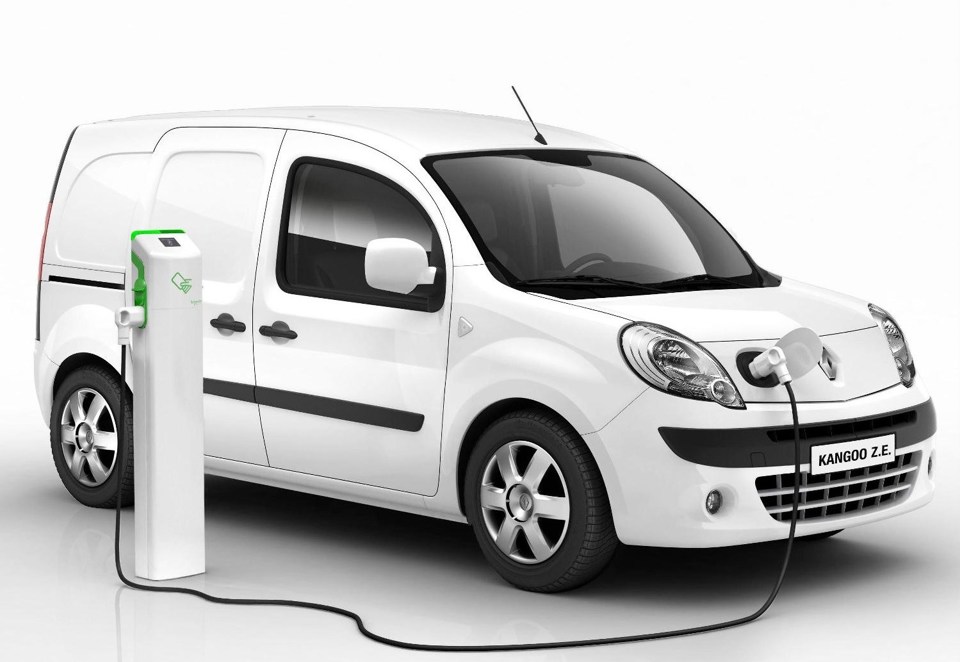Renault has defended the rate of fleet uptake for plug-in vans after the latest Department for Transport (DfT) figures showed vans registered with the help of the plug-in van grant reached 895 units last year, compared to 27,447 cars.
The DfT figures show grant eligible cars have gone from a market of 111 in 2010 to 27,447 units in five years. In comparison, eligible vans have gone from 34 registrations over the same period to 895.
Plug-in van customers can get £8,000 towards the cost of their vehicle, as the structure of the grant did not change for them in March this year. The grant for plug-in cars, however, moved to a three tier system and the grant level was reduced from a maximum of £5,000 to £4,500.
Renault, one of the two major vehicle manufacturers producing plug-in vans with its Kangoo ZE, said the difference in growth is due to the market offering and market size.
The Kangoo ZE was the 12th most popular plug-in vehicle on the market in the UK, according to stats analysed by the RAC Foundation, accounting for 740 units as of Q4 2015.
A spokesman for Renault told Commercial Fleet: “Plug-in car numbers also encompass plug-in hybrid electric vehicles (PHEV). As there aren’t any PHEV vans, the depth of offer isn’t the same for LCVs as it is for passenger cars.”
A spokesman for Nissan admitted that, while it has seen a marked increase in demand for e-NV200 between 2015 and 2016, it needed to bring more success stories to those fleet operators who are considering electric vans but are worried about range.
“Government support in communicating the benefits of electric vans would help increase uptake,” he said.
Eddie Parker, fleet commercial vehicle consultant at Arval, said demand is being driven by job requirement, the appetite for new technology and business objectives.
He said: “We are certainly seeing growth which, relatively speaking, is not out of line with the car market.
“Based on total registrations for the plug-in vehicle grant since 2014, vans have accounted for 9% of pure EV registrations. With vans making up just 11% of UK vehicles on the road under 3.5 tonnes. This is a respectable performance.”
Renault said it has gained some “significant successes” with electric vans, with Gnewt Cargo in central London taking on 55 Kangoo ZEs on its fleet.
“Drivers doing frequent delivery drops are particularly positive about plug-in vans,” said a spokesman.
“The zero tailpipe emissions in congested areas, congestion charge exemption and lower running costs, silent operation and impressive torque are all selling points.”
Renault is due to start its Business Booster events across the UK soon, including a session showing fleets how much money they could save with plug-in vehicles, including demonstrations with the Kangoo ZE and Twizy Cargo. Nissan also has a dedicated fleet EV team to boost sales, with demos required to showcase the e-NV200’s capabilities.
While Renault is happy with the current level of grant support for plug-in vans, it would like to see greater clarity beyond the vehicle itself, with more to be done to help businesses install charging points at work. Nissan said the grant is vital in supporting the plug-in van market.
Parker said plug-in vans are a more complex decision for fleets than selecting a passenger car, with a loss in capacity due to the battery being much more of an issue for vans.


















Login to comment
Comments
No comments have been made yet.